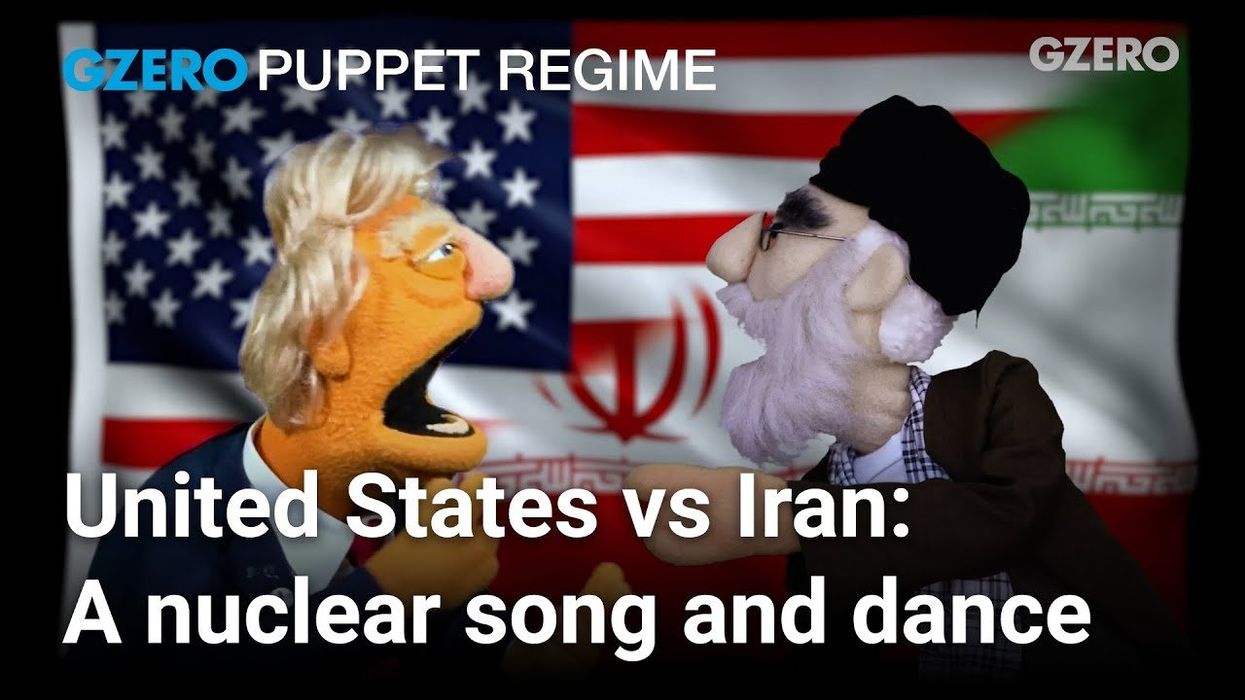Search
More from Puppet Regime
About the Show
Donald Trump, The Greatest American 2.0
The Donald is back in office, ready to claim and rename whatever he wants.
Watch nowVladimir Putin, Meddler-in-Chief
America’s most persistent troll also loves to dish ruthless advice on his own AMA public access show.
Watch nowMohammed bin Salman, The Crown Prince of Darkness
Just a regular guy who likes to tell jokes, make roasts, and order hits.
Watch nowNarendra Modi, Saffron Minister of India
Aspiring nationalist strongman but also…. heartthrob Bollywood crooner!
Watch nowXi Jinping, President Emperor of the People's Republic of China
The big daddy of China, famous for his friendship with(out) limits.
Watch nowKim Jong-Un, The Supremest Leader
This finely-coiffed, short-tempered despot has his weaknesses: for surf rock, edibles, and Cardi B.
Watch nowVolodymyr Zelensky, Humble President of Ukraine
Your friendly neighborhood freedom fighter, who could always use more ammo.
Watch now
































